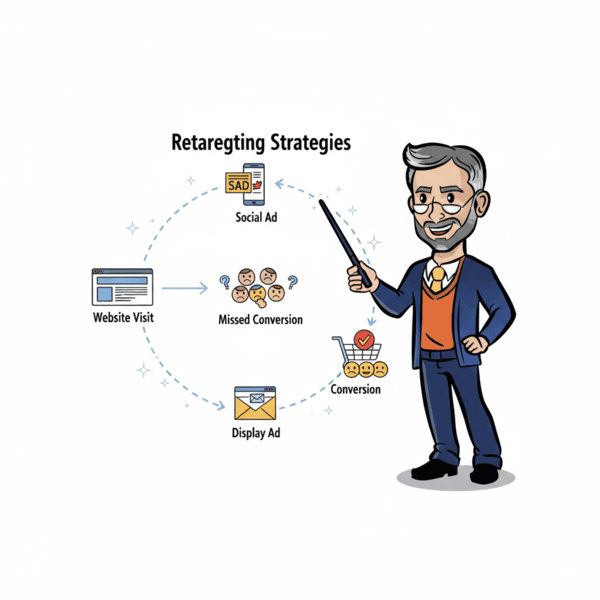
What is Revenue Optimization?
Definition: Revenue optimization is the process of increasing a company’s income by strategically adjusting pricing, sales, and marketing efforts. It involves studying customer behavior, adjusting pricing strategies, and improving sales funnels to increase profitability. Businesses use data-driven insights, automation, franchisor marketing and personalized marketing to increase revenue without necessarily increasing costs. Some common methods include changing prices based on demand, encouraging customers to buy more, and keeping existing customers happy.
Example in a Sentence: By implementing revenue optimization strategies such as dynamic pricing and upselling, the company significantly increased its profitability without raising marketing expenses.
Why is Revenue Optimization Important?
1. Increases Profitability
Revenue optimization enables businesses to increase income without significantly raising costs, resulting in higher profit margins.
2. Enhances Customer Lifetime Value
By focusing on retention and personalized offers, businesses can increase the value of each customer over time.
3. Improves Competitive Advantage
Optimizing pricing and sales strategies allows businesses to stay ahead of competitors and attract more customers.
Achieve Sustainable Business Growth
Maximizing revenue allows businesses to secure consistent and scalable income through data, automation, and strategic pricing. Many companies work with a Head of Growth to oversee these revenue optimization initiatives and ensure that pricing, sales funnels, and retention strategies align to drive sustainable growth.By continually refining sales and marketing strategies, companies can foster long-term growth and profitability.
Not reaching your sales targets? Speak to us about how to improve your revenue with a Sales Funnel Specialist.
More Definitions: Sales Conversion Metrics Definition, Evergreen Campaign Definition, Call to Action Definition, Yield Management
Useful Posts: Key Insights and Essential CRM Data Tracking Strategies, Building a B2B Sales Funnel: The Step-by-Step Guide, and Understanding the Table Stakes meaning is essential in competitive industries.























